
A constant presence

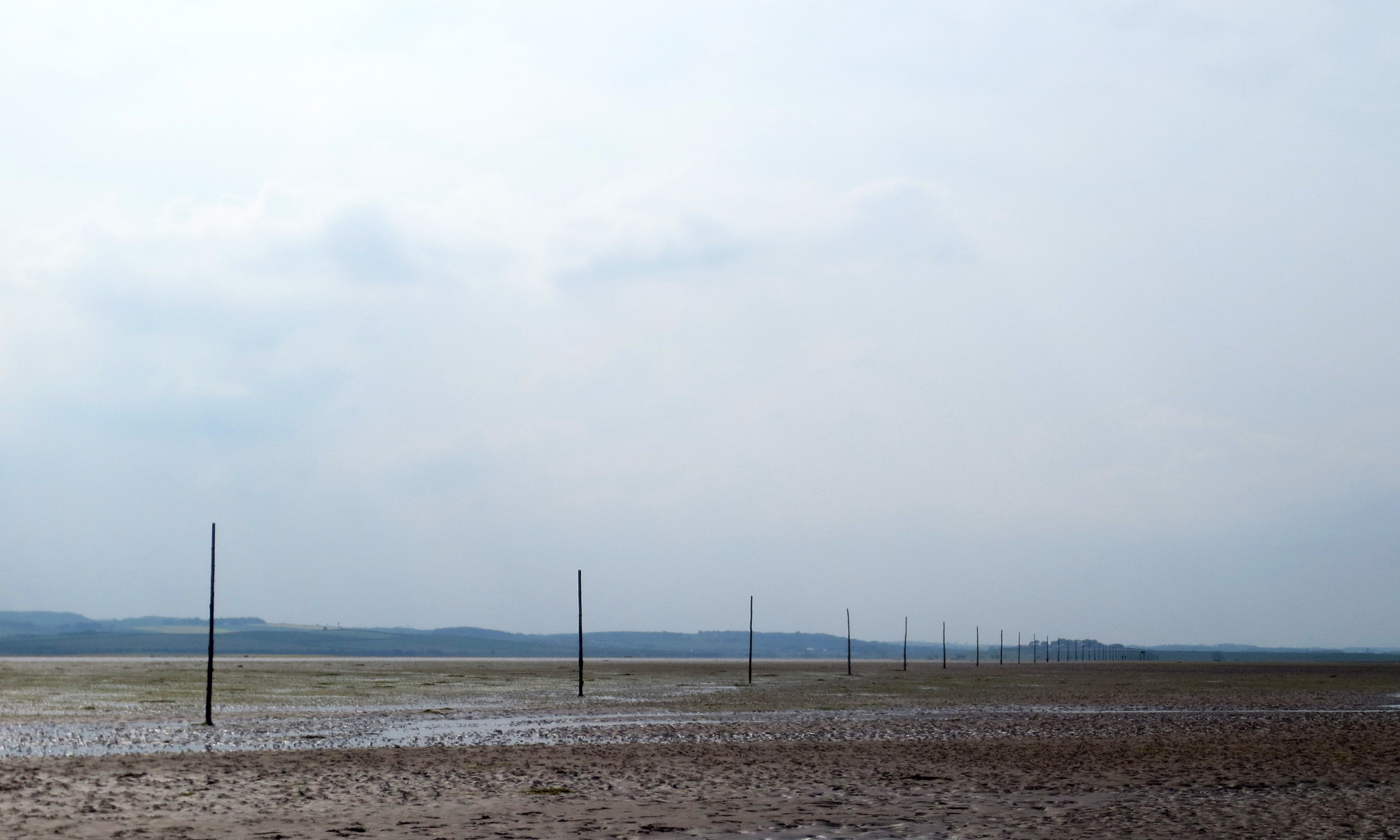
the adventures of retirement

When I was much younger, I wanted to be prime minister (like everybody I guess). Now I want almost anybody but the current incumbent to be prime minister (I guess that’s how it usually works). I realised before adulthood that I had none of the talents I would have needed.
But most of my life I’ve looked across at other people doing other jobs, and thought, “Blimey, I wish I had the ability to do that. What courage, what energy, what heroism, what wisdom, what talent!” Maybe Paul writing to the Christian community in Corinth (Sunday’s Lectionary) has some helpful advice – for we all have gifts, even though we may regret not having the gifts of other people.
So, I may not be able to do what she over there is doing. But I can do other things. Also, I believe that God can poke us into discovering gifts we didn’t previously believe we had (but more on that in a couple of weeks).
I remember that I’ve told a story before, but not to whom; so I end up repeating stories to the same people – and they’re not funny anyway. So I’m going to have to change the anecdote rules. Three options come to mind;- never repeat (too restrictive), never repeat during the same phase of life (both too restrictive and not guaranteed to end the problem), mention only when prompted (this seems the best way forward). I’ll see how I get on.
In next Sunday’s Lectionary, we read about Jesus turning water into wine. Perhaps someone should put Liz Truss in touch with him.
Tomorrow’s Lectionary includes the bit from Acts where word gets to the apostles that ‘Samaria’ had accepted the word of God (surely not the entire region?) Anyway, representatives are dispatched and they enable the Samaritans to receive the Holy Spirit.
For me, the principal odd thing about this is that it seems from this passage that the apostles thought it was clear when someone had received the Holy Spirit. This may make sense to some people, for whom it is very clear whether someone has received the Spirit or not – but for me, it is not clear. Firstly, because ‘the wind blows wherever it wants’, and our relationship with the Spirit of God comes and goes – it is fitful it seems to me: the Holy Spirit is not a thing to be grasped, but something living, that has its own ways. And secondly, because our responses vary, in the same way (as I’m fond of saying) that trees respond differently to the wind. Some hardly move, whereas others bend and sway profusely. It’s the same wind, and the same life-enhancing change of air, but different responses.
Another change in the weather today, accompanied by generous rain.
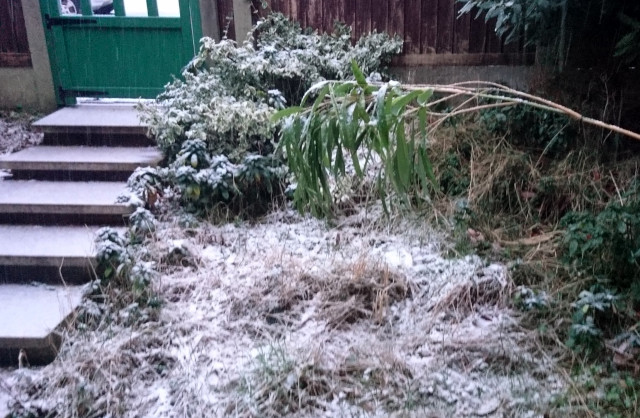
In the Isaiah reading from Sunday’s Lectionary, there is a repeated phrase, ‘do not fear’, and the reason not to fear is that God has promised to be with the people. That is part of a nation’s history, but we Christians have also appropriated it as a promise for us. For we believe that God will be with us. Bad stuff may well happen, fire and flood – but we have the reassurance that God is with us. What concrete form might that reassurance take? I’ve a couple of suggested examples (there are more);-
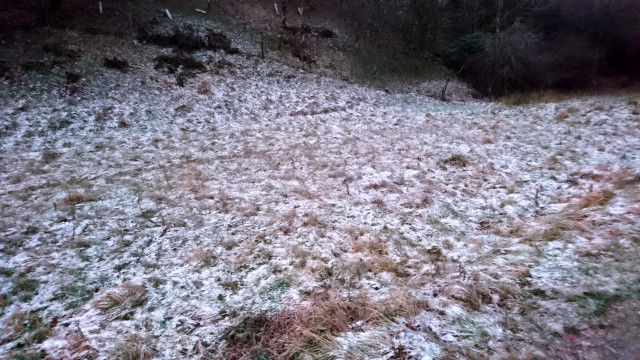

I was trying to get the base off the laptop, in order to fit more memory; and I was defeated by this one tiny screw. I could not get it undone, and I had comprehensively trashed the screw head in trying. Then J suggested I interpose an elastic band between the screwdriver and the screw. Reader – it worked!
It’s Epiphany! It’s time to remember how (along with those traditional gifts), people brought knowledge to Jesus’ feet – at least, they brought what counted as knowledge in the first century. In our century, would we bring science, the quest for truth, to Jesus? What might it mean to do science for Jesus? Would it mean letting Jesus decide the agenda, and maybe the results of science? Or would it mean bringing something to our understanding of Jesus – a kind of rigour – a rigour in the way we test our understanding against observation? I’d like to think it’s the latter.
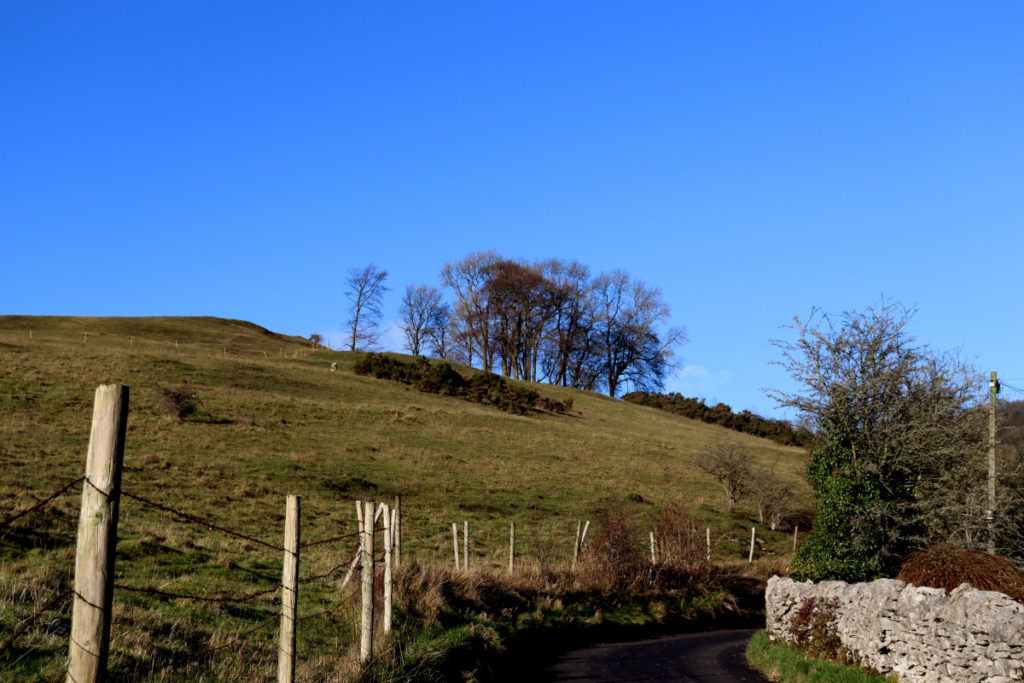
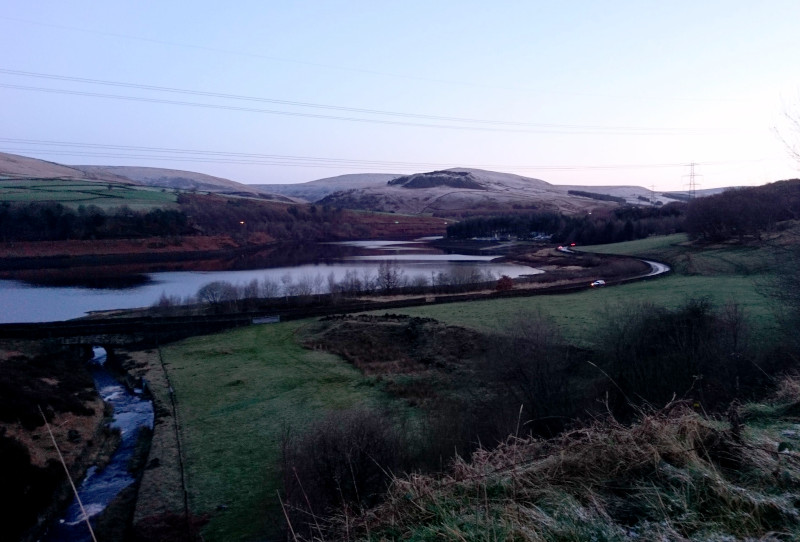
I’ve got some walking poles, to save my joints – and they work very well. But each one also has the daftest gadget you ever saw – a tiny compass wedged into the top of the handle. It might be useful in some circumstances, if it worked. But it’s placed right on top of a steel screw – so ‘north’ follows the pole round, whichever way you turn it. It’s probably worse than useless, because you might believe it.
In Sunday’s lectionary, the prophet Isaiah offers the people reassurance. This is a new time, God will look after the people – they are precious in God’s sight. People will come home from many nations. It’s described as ‘gathering’ and I don’t think the word ‘home’ is mentioned, but it feels like a homecoming is promised, for the people in exile.
The history of most nations is a history of migration. We Brits, for instance, have come from Germany, Scandinavia, France, Africa, the Mediterranean, almost anywhere you care to name. But when does a resting place become ‘home’? It’s hard to nail it down. Today, many people know only too acutely that they are not home. If they go ‘home’, they face starvation or murder. They are uprooted from family, and in a ‘hostile environment’, with few people who are welcoming.
God of mercy and love,
we pray for all people who are far from home,
living in fear or despair,
or just beginning to hope.
God bless them
with what they need,
to be healthy in body, mind and spirit.